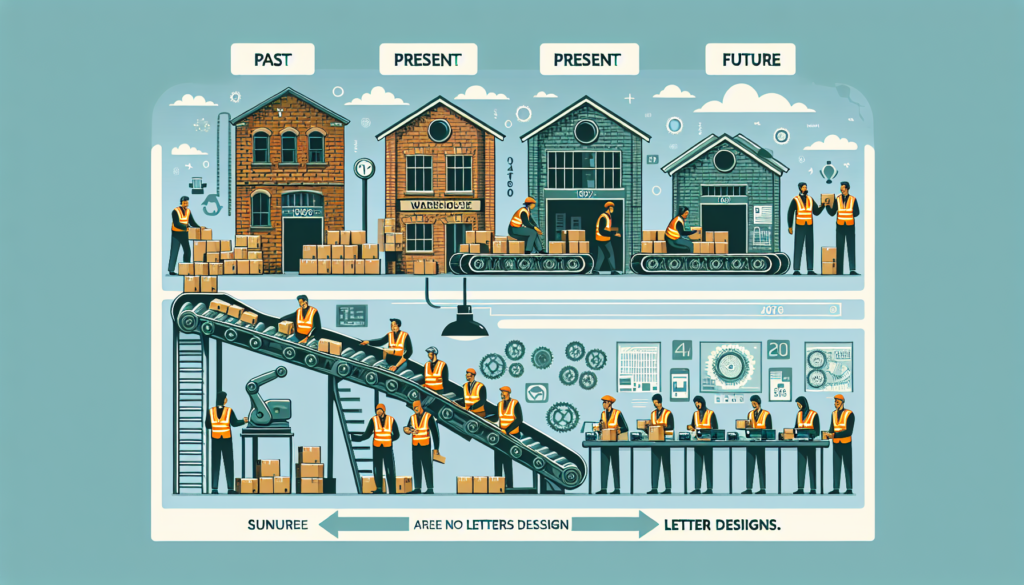One of the most significant trends impacting the future of fulfillment is the rise of e-commerce. With more and more consumers turning to online shopping for their everyday needs, companies are being forced to rethink their fulfillment strategies to meet the growing demand for fast and efficient delivery. This shift towards e-commerce is driving the need for more advanced fulfillment technologies, such as robotics and automation, to help companies keep up with the pace of online orders.
Another important trend shaping the future of fulfillment is the focus on sustainability and environmental responsibility. As consumers become more environmentally conscious, they are demanding that companies take steps to reduce their carbon footprint and minimize the impact of their supply chain operations on the environment. This has led to an increased emphasis on sustainable packaging materials, energy-efficient warehouses, and eco-friendly transportation options.
The continued growth of omnichannel retailing is also influencing the future of fulfillment. With consumers expecting a seamless shopping experience across both online and offline channels, companies are investing in technology that enables them to fulfill orders from multiple locations and deliver products to customers wherever they are. This trend is driving the need for more flexible and agile fulfillment solutions that can adapt to changing consumer preferences and market dynamics.
In addition to these key trends, advancements in artificial intelligence and machine learning are also reshaping the future of fulfillment. These technologies are enabling companies to optimize their supply chain operations, predict demand more accurately, and improve the efficiency of their fulfillment processes. By harnessing the power of AI and machine learning, companies can reduce costs, increase productivity, and deliver a better overall customer experience.
As we look ahead to the future of fulfillment, it is clear that companies will need to adapt to a rapidly changing landscape. By staying ahead of these key trends and investing in the right technologies and strategies, companies can position themselves for success in the years to come. From e-commerce and sustainability to omnichannel retailing and artificial intelligence, the future of fulfillment is full of exciting possibilities for companies willing to embrace change and innovation.
**FAQs**
Q: How can companies stay ahead of the trends shaping the future of fulfillment?
A: Companies can stay ahead of the trends by investing in advanced technologies, such as robotics and AI, and by focusing on sustainability and omnichannel retailing.
Q: What role does Fulfillment Hub USA play in the future of fulfillment?
A: Fulfillment Hub USA offers cutting-edge fulfillment solutions that can help companies adapt to the changing landscape of the industry.
Q: How can companies improve their fulfillment processes to meet the demands of e-commerce?
A: Companies can improve their fulfillment processes by investing in automation, optimizing their supply chain operations, and offering fast and efficient delivery options to customers.
In conclusion, the future of fulfillment is bright and full of opportunities for companies willing to embrace change and innovation. By staying ahead of key trends such as e-commerce, sustainability, omnichannel retailing, and advancements in AI and machine learning, companies can position themselves for success in the years to come. For more information on how Fulfillment Hub USA can help your company adapt to the future of fulfillment, visit https://fulfillmenthubusa.com.
